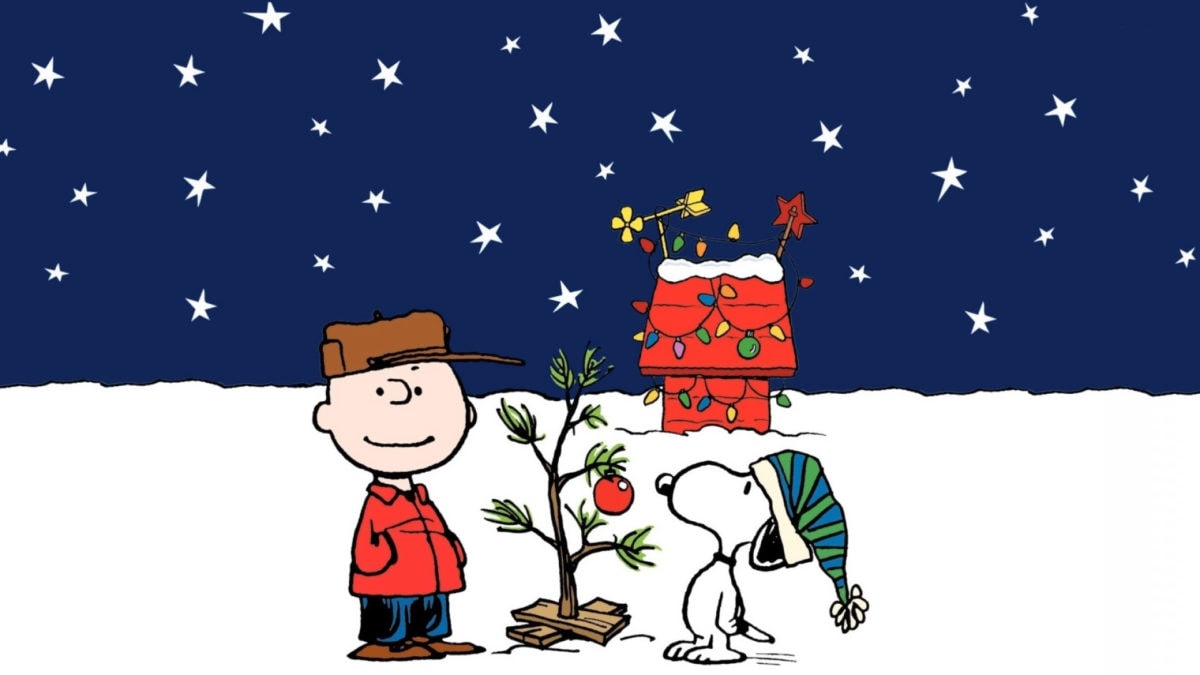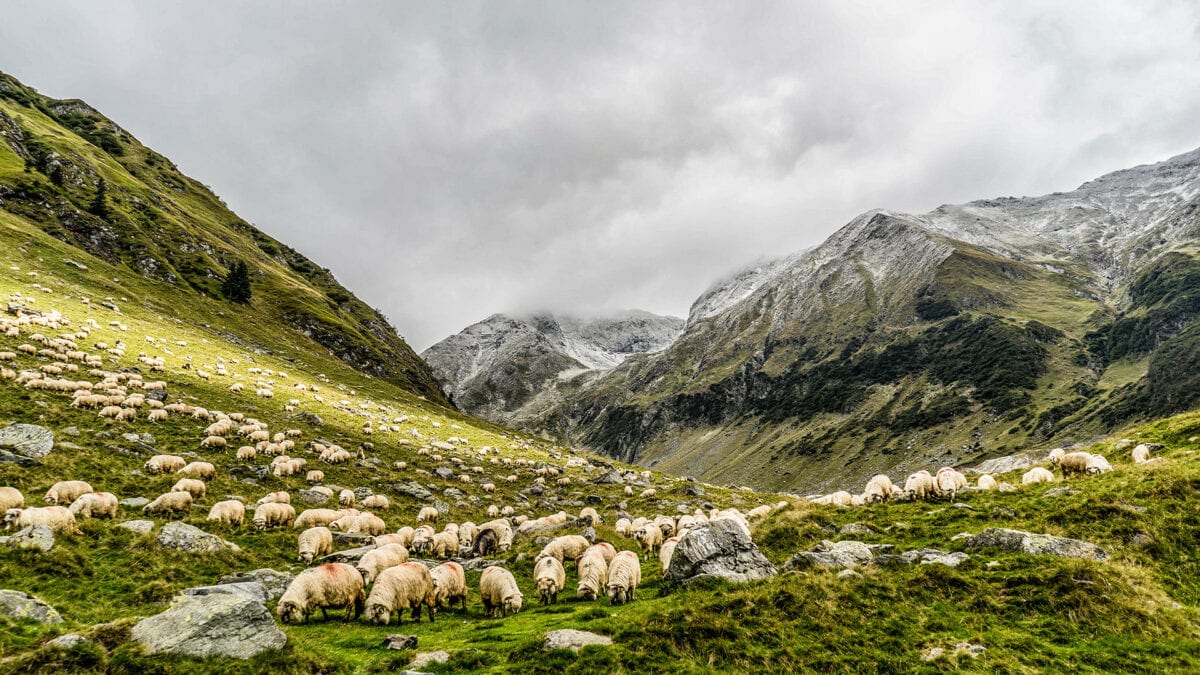It was a time like this,
War & tumult of war, a horror in the air.
Hungry yawned the abyss-
And yet there came the star
And the child most wonderfully there
It was a time like this
Of fear & lust for power,
License & greed & blight-
And yet the prince of Bliss
Came into the darkest hour
In quiet & silent light
And in a time like this
how celebrate his birth
when all things fall apart?
Ah! Wonderful it is
With no room on the earth
The stable is our heart.
~Madeline L’Engle
L’Engle’s description of ‘a time like this’ put words to the ache I often feel when I read the news or go on facebook. I’m from the US, so you can imagine that being north of the border is not quite far enough to avoid the sense of anger, embarrassment and collective shame of my heartland over the last several years. On display daily and globally are the horrors L’Engle names – war, tumult, fear, lust for power, greed, and blight. Often I feel the pull of hopelessness “as all things fall apart.”
And yet.
And yet, hope was given, and his name was called Immanuel, God with us. And yet, a star was given to guide and proclaim that everything has changed.
One of our cherished values as a community is the “joy of salvation,” both for us to receive and to share. I confess it’s one of the more difficult for me. I’m more naturally inclined to see flaws and failures, and my tendencies are towards quiet reservation. So joy and celebration, especially in a season that is so easily over the top as Christmas, are a struggle to grasp and enter into.
And yet.
Hope brings peace, bestows faith, undergirds love, and ushers in joy.
Advent is a period of waiting. And it starts with hope. Ideally, here I would have something profound to say about hope. But I have already confessed the tug on my heart towards hopelessness, which leaves little room to claim expertise on its opposite. Although – I would guess that you’d agree, water tastes sweetest when you are thirsty and tired. So it is with me and hope. I certainly know well what it feels like to lack hope, to believe and behave as though nothing I do matters, no good will ever come in my life or struggles. And because I know the lack, I can tell you the difference when it is present.
And yet we have this wonderful and wonderfully strange story to savour and to tell, and it is simply too good not to share, not to celebrate. So I appreciate the way L’Engle works through the darkness to celebrate the light. And I love the structure of her poem, the way it’s put together. She doesn’t start dark and end on light. Well, she does, but not simply that. In each stanza, she starts in the dark of the world and ends with the light breaking through. I’m encouraged by this because I know how often I have to do what can feel like the same work over and over. Every advent, every week of advent, I make the same journey to look through the gloom of this world and see light break through.
Hope is a prerequisite and outcome for most of the other virtues. Hope brings peace, bestows faith, undergirds love, and ushers in joy. Hope is turning the lights on in a dark room, or the first light of dawn on a lonely night. Hope is the energy to keep going, to keep waiting, to keep looking, and the fire in our hearts that pushes us to get up, over and over. One of my favorite lines of poetry from the animated masterpiece Prince of Egypt comes in the song the Israelites sing as they walk away from Egypt toward the life God has promised. There’s a line buried in there that characterizes hope so well to me: “though hope is frail, it’s hard to kill.” I find comfort in that, the same as this verse from Romans 8:24-25, “we hope for what we do not see”. Hope has a fragility to it, a delicacy. It’s easily damaged because it rests on the future, and can be swayed by the changes and challenges of life.
And yet.
And yet it’s so hard to kill hope, so hard for it to die completely. It’s like a tiny ember, just waiting for more fuel and the right circumstances to burn brightly again. Hope can be misplaced, of course, but that’s not the topic of this blog – we are talking about the well-placed hope in our saviour. When my doubts and fears and the flaws and furies of this world threaten to drown my hope, one of my favourite scriptures from Romans 5 reminds me that “ and hope does not put us to shame, because God’s love has been poured into our hearts through the Holy Spirit who has been given to us.”
Lastly, one of the gems for me is those last 3 lines:
Ah! Wonderful it is
With no room on the earth
The stable is our heart.
I can well understand the lament that with all our noise and hurry and hostility, there is little room on this earth for God. And even more when we see how quietly and unassumingly he came to earth, we can fear that we will never be able to give this strange story the time and the telling it deserves. But the stable, where hope was born and room was found, is our heart. And if it is our heart, it can still be good news of great joy for all the people of this earth.




